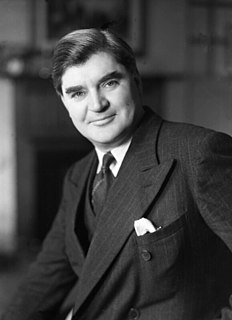A Quote by Seneca the Younger
No man is more unhappy than he who never faces adversity. For he is not permitted to prove himself.
Related Quotes
As a man of pleasure, by a vain attempt to be more happy than any man can be, is often more miserable than most men are, so the sceptic, in a vain attempt to be wise beyond what is permitted to man, plunges into a darkness more deplorable, and a blindness more incurable than that of the common herd, whom he despises, and would fain instruct.
The man who is meek is not even sensitive about himself. He is not always watching himself and his own interests. He is not always on the defensive… To be truly meek means we no longer protect ourselves, because we see there is nothing worth defending… The man who is truly meek never pities himself, he is never sorry for himself. He never talks to himself and says, “You are having a hard time, how unkind these people are not to understand you.








































